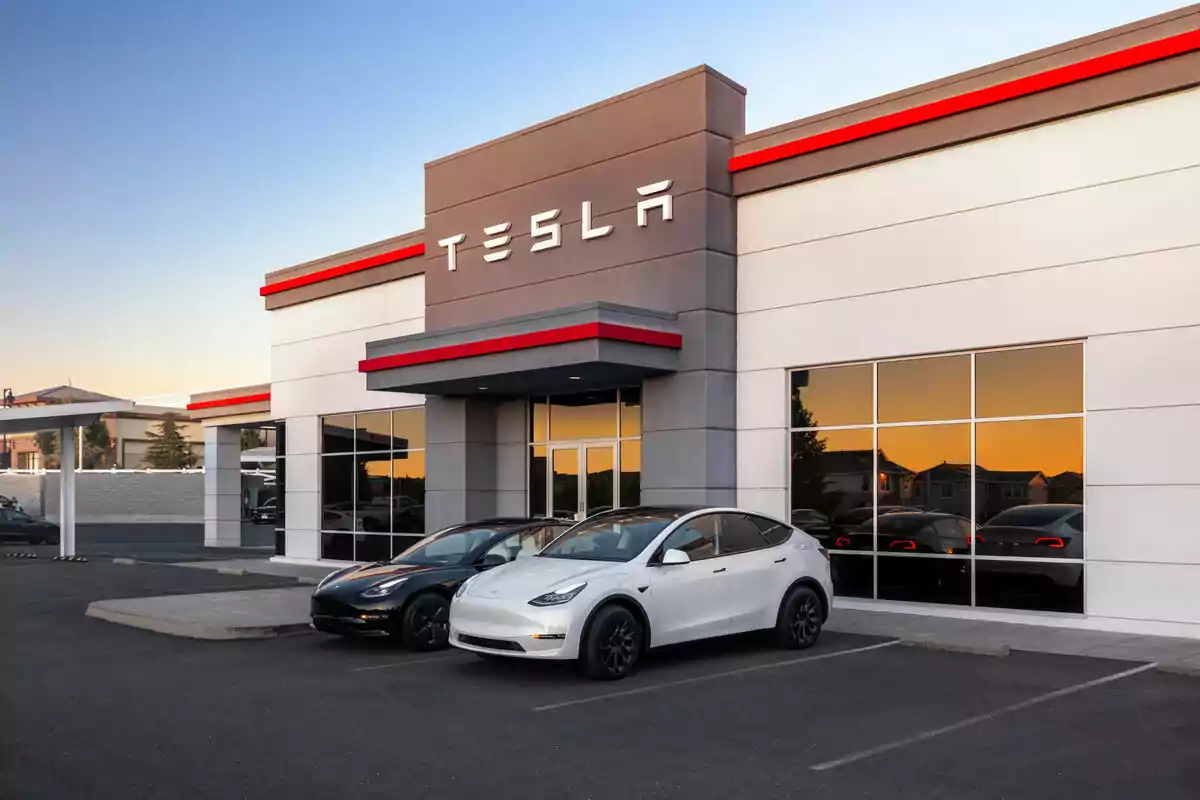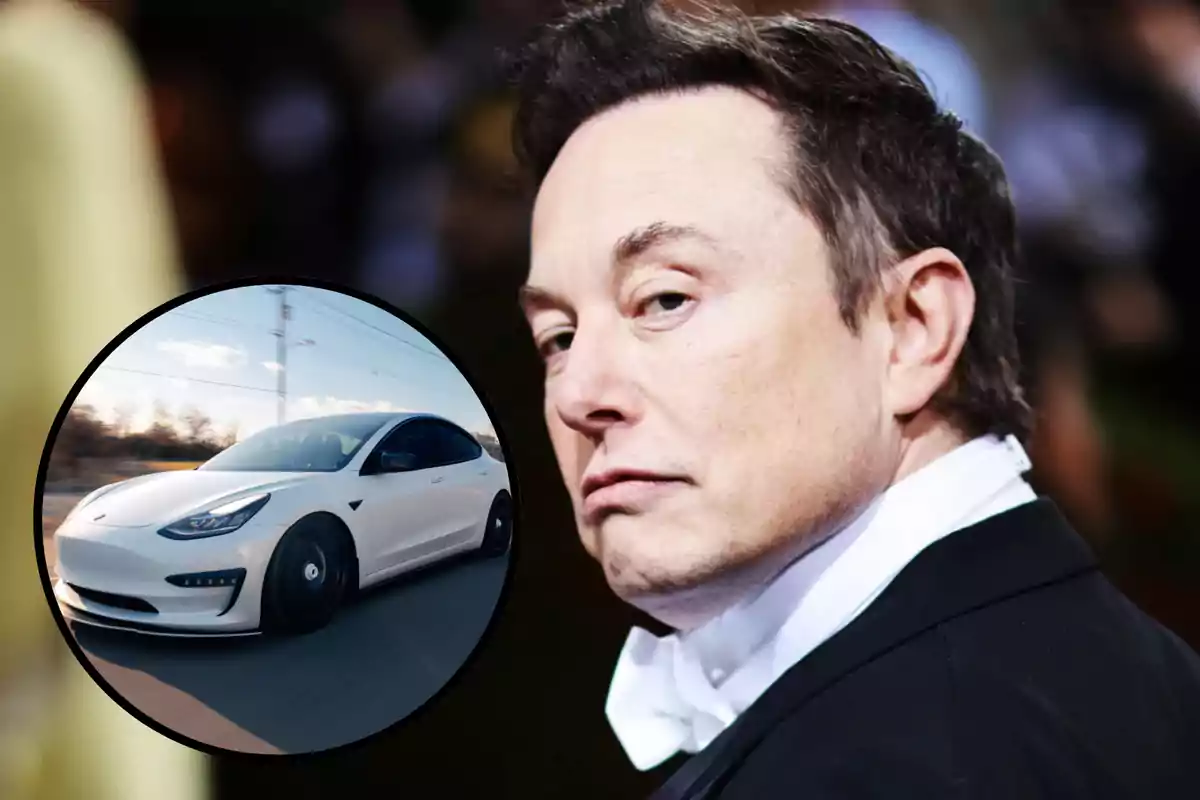Tesla is one of the most disruptive companies in the world of automotive technology. However, behind its success and popularity, there are internal tensions that usually don't come to light. Martin Eberhard, one of the original co-founders, has decided to speak clearly about Tesla's current situation and Elon Musk's leadership.
The beginning of Tesla and the vision of its creators
Tesla was founded in 2003 to first create a top-level electric car and then more affordable models. Its goal was to revolutionize the automotive industry through technological innovation, not through mass production from the start.
This vision was different from the one the company would later follow under Musk's leadership. Eberhard and Tarpenning wanted Tesla to set a solid and sustainable path, starting with an exclusive product that would show the true potential of electric vehicles.

Elon Musk's entry and the deep changes
Elon Musk joined Tesla in 2004 with a $100 million investment, the result of the sale of PayPal. Soon, Musk took on the role of Chairman and, later, in 2008, became CEO. This change wasn't just about titles: it also meant a shift in management and strategy.
Eberhard and other original founders left that same year, amid tensions and differences in vision. Musk, as the majority shareholder, took control and led Tesla toward a more aggressive direction, focusing on models like the Cybertruck.
Eberhard's criticism: leadership and design in question
Although he is no longer involved with Tesla, Martin Eberhard remains very alert to what happens in the company. In a recent interview, he was very clear about his disagreements with Elon Musk, especially regarding leadership and design.
Eberhard stated that one of his priorities was always respect for employees, something he believes has been lost in the company. He criticized the Cybertruck as a "dumpster" and the models after the Roadster as a "bar of soap in a wind tunnel."
For him, Tesla has sacrificed inspiration and unique character for aerodynamics and efficiency, losing part of the soul the company had in its early days.
What does this mean for Tesla and its followers?
Eberhard's words open an important debate about Tesla's future. The company remains a giant in the sector, but these criticisms reflect a possible internal crisis, a disconnect between its roots and its present.
For Tesla's followers, it's a call to look beyond the technological shine and the human impact of Musk's management.
Time will tell if Tesla can find a balance between innovation, internal respect, and inspiring design, or if it will continue under leadership that creates division even among its own founders.

